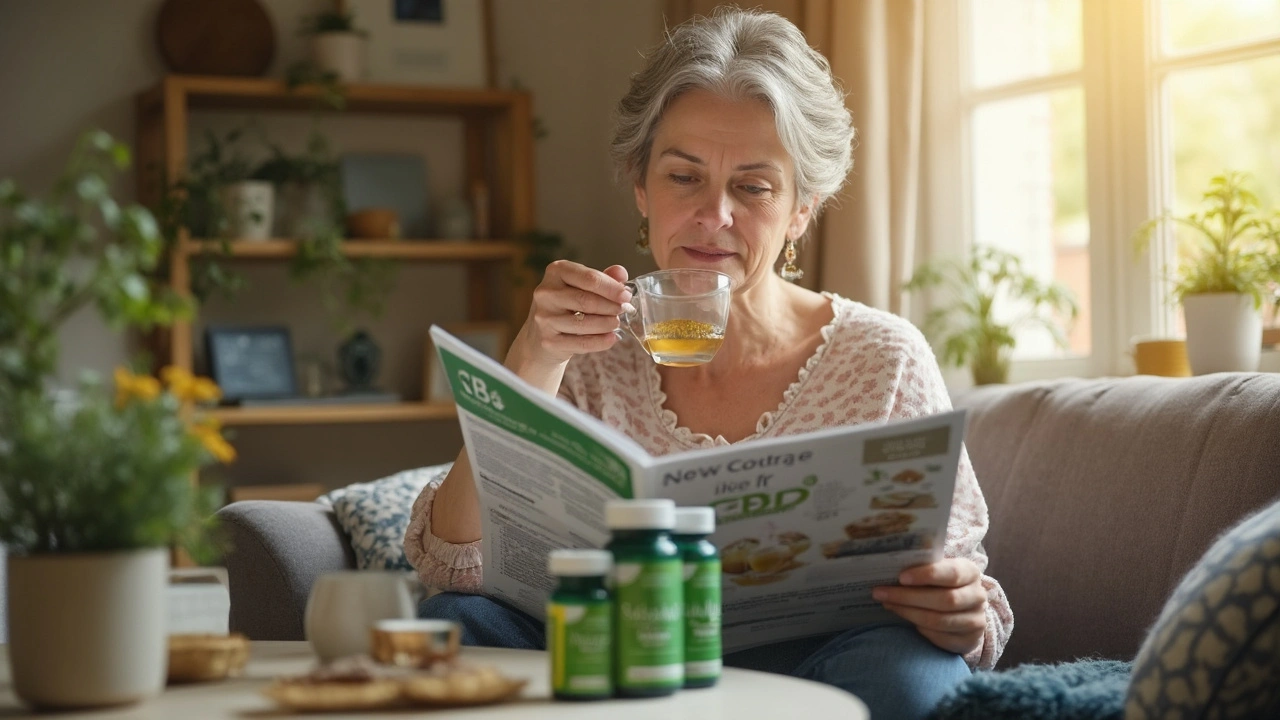CBD Basics for Anyone Trying to Conceive or Going Through IVF
If you keep hearing about CBD and wonder if it fits into your fertility plan, you’re not alone. Cannabidiol (CBD) is a compound from hemp that doesn’t get you high, but many people use it for stress relief, pain, or sleep. Below we break down what CBD does, how to pick a safe product, and the key things to watch if you’re on an IVF cycle.
What CBD Actually Does
CBD talks to your body’s endocannabinoid system – a network that helps regulate mood, inflammation, and sleep. Most users report feeling calmer or sleeping better after a few days of low‑dose use. It isn’t a hormone changer, so it doesn’t directly affect ovulation or sperm production, but the stress‑reduction angle can be useful during a high‑pressure IVF timeline.
How to Choose a Safe CBD Product
The market is flooded with oils, gummies, and creams. Look for products that show a third‑party lab test on their label – that’s the only way to know you’re getting pure CBD without hidden THC or contaminants. Stick to full‑spectrum if you want all hemp compounds working together, but choose broad‑spectrum or CBD isolate if any THC scares you (especially important for embryo implantation). Keep the dosage low at first – 5‑10 mg two times a day is a common starter point.
When you order online, avoid sites that promise “miracle cures” or ask for cash only. Reputable pharmacies and established hemp brands usually have clear return policies and customer support. If you’re unsure, talk to your pharmacist – they can verify the product’s legitimacy.
CBD and IVF: What the Research Says
There isn’t a huge amount of scientific data linking CBD directly to IVF outcomes. Some small studies suggest that reducing anxiety can improve hormone balance, which is good news if you’re already stressed about appointments. However, high doses of any supplement might interfere with medication absorption, so keep your CBD dose moderate and space it away from fertility drugs by at least an hour.
Many clinics ask patients to pause herbal supplements during stimulation cycles. It’s best to check your doctor’s policy – they may want you to stop CBD for a short period before embryo transfer just to be safe.
Practical Tips for Using CBD During Your Fertility Journey
1. Track how you feel. Write down sleep quality, mood changes, and any side effects. This helps you see if CBD is actually helping or causing issues.
2. Keep the timing consistent. Take your dose at the same times each day so your body can settle into a routine.
3. Talk to your reproductive specialist. A quick chat about any supplement, including CBD, keeps everyone on the same page and avoids surprises during hormone monitoring.
4. Stay hydrated and eat balanced meals. CBD works better when you’re not dehydrated or skipping nutrients that support fertility.
Bottom Line
CBD can be a handy tool for managing stress, sleep, and mild pain while you navigate IVF, but it’s not a magic pill. Choose products with clear lab results, start low, and always loop in your doctor before making it a regular part of your regimen. By staying informed and cautious, you can use CBD without jeopardizing your chances of success.

Best Natural Gabapentin Alternatives for Chronic Nerve Pain Relief
This article explores the real-world benefits of using CBD, alpha-lipoic acid, and lifestyle changes as natural alternatives to gabapentin for chronic nerve pain. Discover which supplements and routines can actually help reduce nerve pain, along with common sense tips for practical relief. Learn about the science behind these options, and get relatable advice for managing daily discomfort. The article is packed with firsthand observations, clear language, and no-nonsense facts. Whether you're looking for an alternative to medication or just want to learn more, you'll find practical info here.